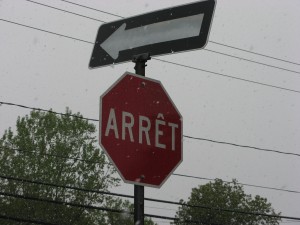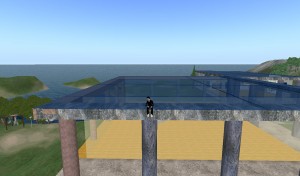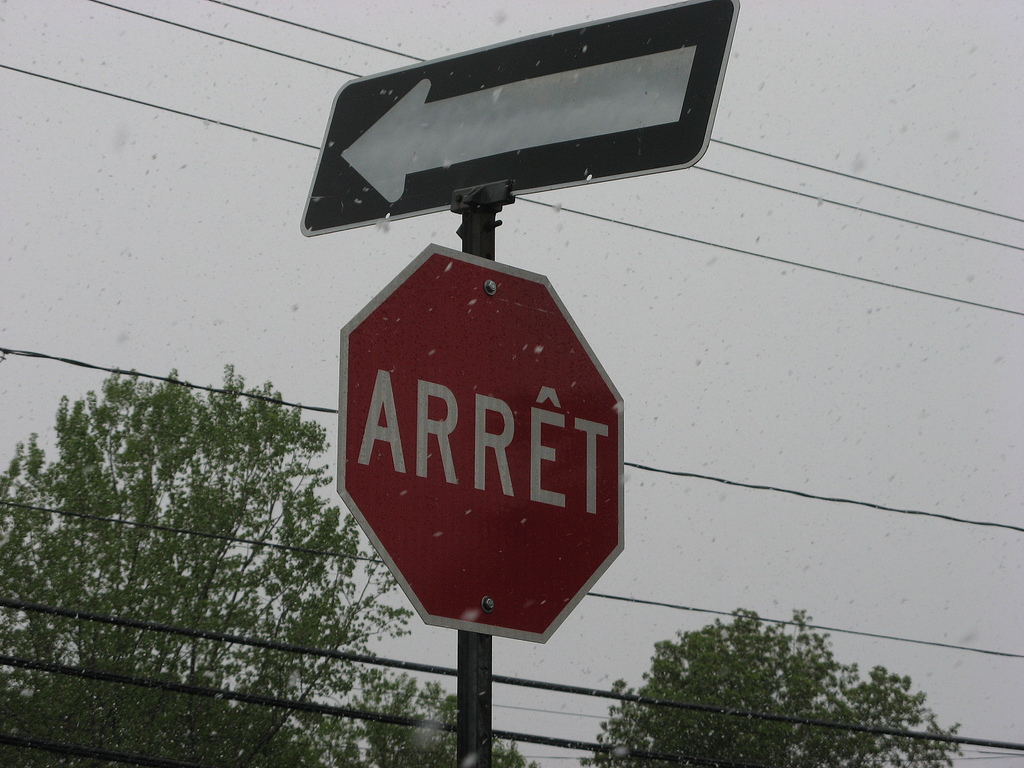Hello there all. This post is a test of a new WordPress theme that I am using, due to the last one suddenly disappearing. It is meant to be soft on the eyes and I have removed some of the distractions (although I am not sure how long I will last without the header image-something there always soothes me and acts like a beacon for my attention).
On another note, I should mention that I do love WordPress. I do love all of the features, bells and whistles, and the polish that seems to be here that isn’t with other services that I have tried. I have been doing this for well over 5 years now and feel fairly comfortable with the notion of long-form Twittering (as I have come to refer to the obsolete art of blogging) so I needed a few more bells and whistles to keep me occupied. Most of that is under the hood, though, as this design is more minimalist than anything else. I am enticed by other services (Posterous, I am looking at you)
In keeping with my tradition of keeping the most important parts of my post buried under the detritus of the banal (sorry, have been studying anachronistic vocabulary lately in an attempt to stave off the enervation of the pedestrian), I wanted to make a quick case for the power of blogging, for longer-form writing of any sort.
Mental Exercise
We have heard it before. The mind is a muscle that can be exercised. It is more than that. The mind is this brilliant cauldron that never fills entirely; it just absorbs and absorbs and becomes greater than the sum of its absorbed parts. It grows in relation to and independent of the material it ingests. Writing is an exercise in that ingestion of ideas and the synthesis of them to make original, emboldened thought. I suppose you only know something once you have blogged about it can be seen as an alternative to know something is to explain it to others.

Blogging, like all writing (an art), is an exercise in sense making
It is constructing a knowledge base to interact in the shifting, entirely fluid, ectoplasm of life. It is a tool, like money, a watch, or the beaver pelts of some other time, that allows you to interact sensibly with your environment. There are moments when Twitter will cut this as well, or even Facebook. Twitter is banter, while blogging is the dialogue (or even a monologue) of contemplation. Without getting too academic, blogging is schema construction. It is exactly building a blueprint for a design. In this instance, the design changes with the competing input. Blogging helps us make sense of all of that.
Blogging is sanctuary
It is solitude. It is a half an hour at peace with myself and my thoughts. It lets me corral my words into phrases, my phrases into paragraphs, it lets me patiently dip in there without distraction or diversion. When I write, I don’t think about Twitter, Facebook, work, tests, study, home, anything. I am not at odds with myself. I am very much in the moment in thought and deed. It is a singularity that I hope we all achieve for moments of every waking day. It is like slumbering in the midst of one dream. It unfolds out before you and you are immersed in it. You are not a house divided.

Blogging is an audience?
My audience shifts quite dramatically. I have had highs and lows in terms of visits. That is all well and good. And there were times when I wrongly was beholden to the whims of usage. And that was wrong (at least for me). I write as I feel I have something to contribute. The audience will take whatever they want out of this (or nothing at all), repurpose it for themselves, and move on. I encourage that. Blogging is the Shakespearian sonnet to the terse haiku of Twitter. They are complementary, but one can never fully push out the other.
So, blog on everyone; think in long forms and transmit in any form that seems pertinent. A tool in a toolkit, an uninterrupted dream.
